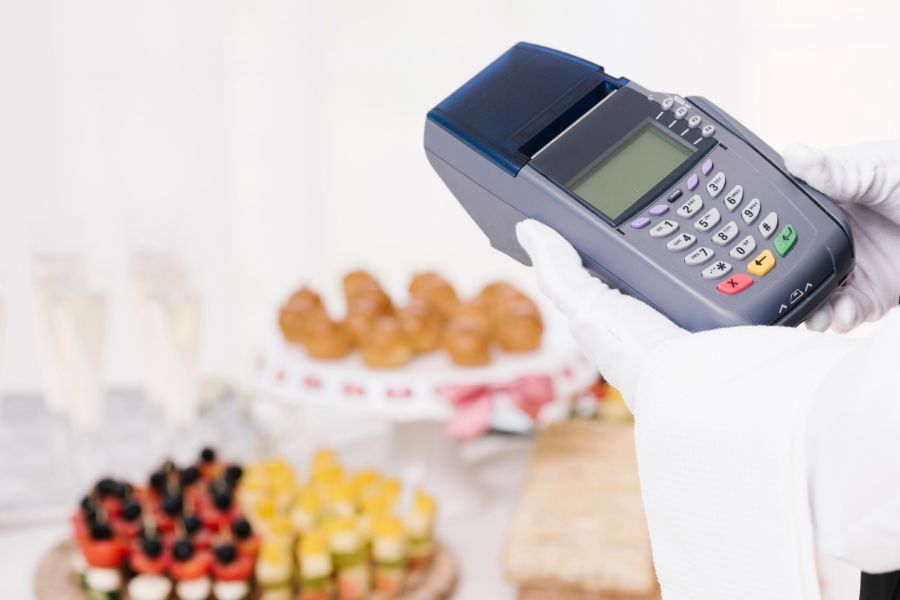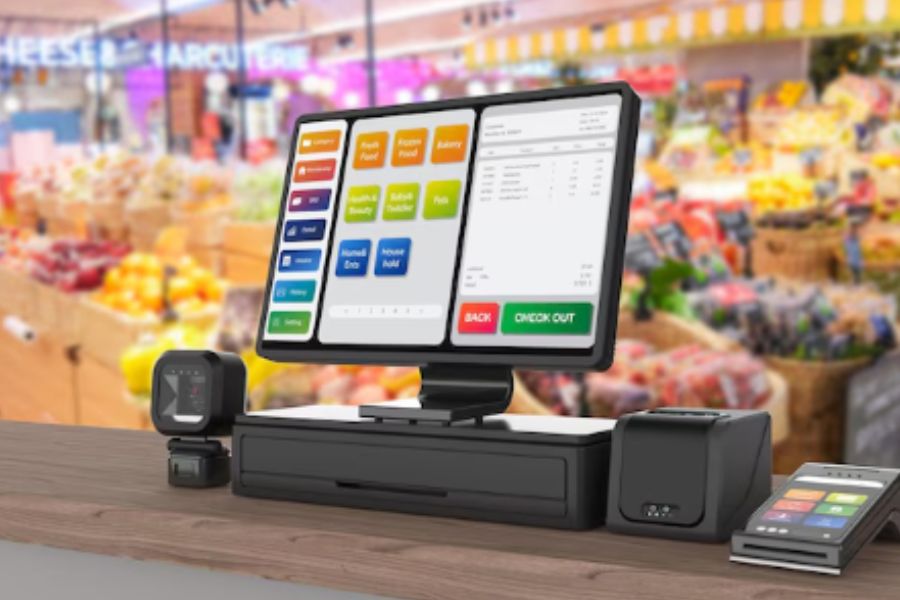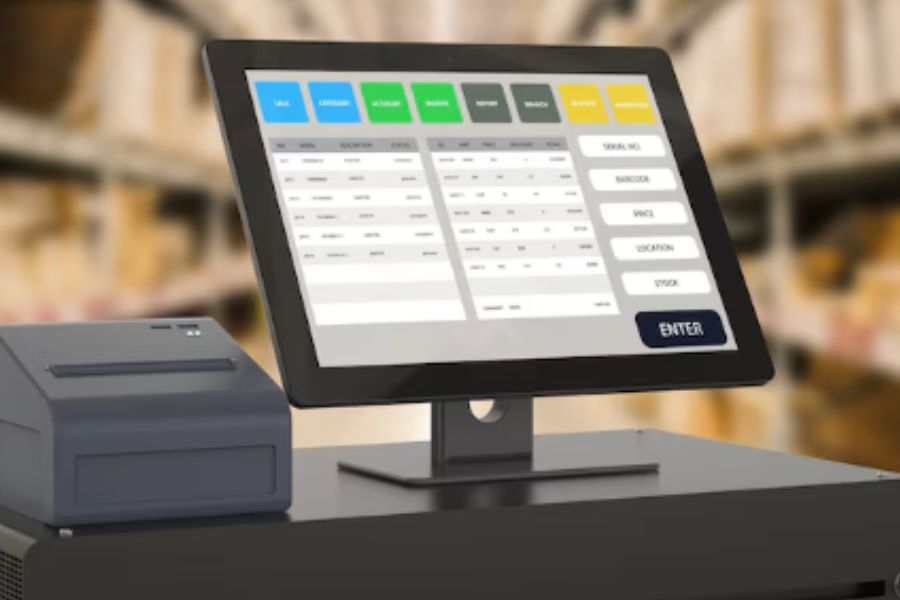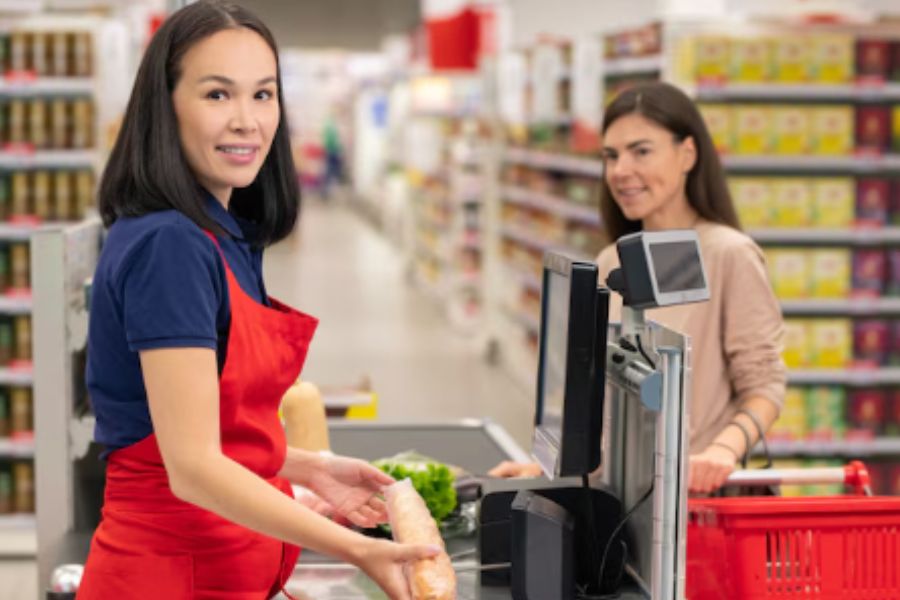Over the years, VAT on food has been strictly enforced. Taxation, strict management and monitoring of this tax help society reduce food waste in the environment, which helps the living environment to become better and better.
In this article, we provide the necessary information about VAT on food to help you consider your business and consumption.
What is VAT on food?
Nowadays, value-added tax on food is always “yes but not completely”. This means that there are certain foods that will be subject to VAT and some that will not. Thus, it can be said that the food supply for humans is subject to several different rates, depending on the type of food involved.
To decide whether a food is subject to VAT or not, it is necessary to answer some questions such as: Is the food subject to zero or standard VAT?; Is it hot or cold food? and Is the food delivery dine-in or takeaway?
VAT on food in restaurants
Traditional restaurants often provide hot food and eat it on the spot, so the tax in the restaurant will have a different rule.
Usually, in restaurants, food supplies are not taxed or taxed at zero rates, but dishes made “in the course of service” are subject to the standard VAT rates of each country and area. This includes food and beverages prepared in restaurants, cafes, canteens, etc., excluding cold takeout; delivering ready-to-eat food or meals (whether this includes cutlery; food and drink provided by third parties for events (e.g. weddings, conferences, parties); offering cooking or food preparation to customers at their home.
VAT on takeaway food
More and more takeaway businesses are established because of the increasing convenience and fastness to people. Coupled with that are the Covid crisis and the rise of delivery apps, while reducing VAT on other items favors many growing businesses, especially if they are near the threshold VAT.
Frozen or takeaway products are generally taxed if it has a standard rating, are hot, and are eaten on the premises or in a designated dining area. However, if the food is offered frozen but must be cooked before it can be eaten or must be defrosted completely before eating, it will not be subject to VAT in this case.
Other food
Typically, the VAT on standard confectionery is 5% including all food supplies. Standard-rated confectionery includes chocolate, candy, chocolate chip cookies, and any sweetened processed foods.
In addition, for snacks, there are also regulations on VAT such as potato snack cakes and products made from potatoes or potato flour or potato starch; cereal-based snacks (but only to products manufactured by swelling or by an extrusion process in which air is introduced under pressure into a cereal flour or starch paste) during the manufacturing process to produce an expanded, gaseous product; salted roasted nuts will also be subject to standard VAT.
Conclusion
Nowadays, for different types of food, there will be different regulations on VAT. Contact us to help your business manage and record foods with different VAT rates so that it is easy to calculate revenue and expenditure in your business.



